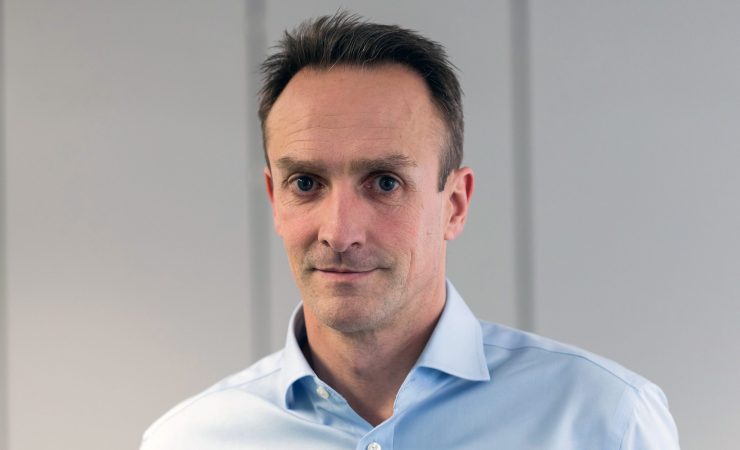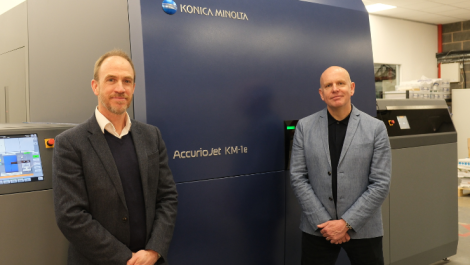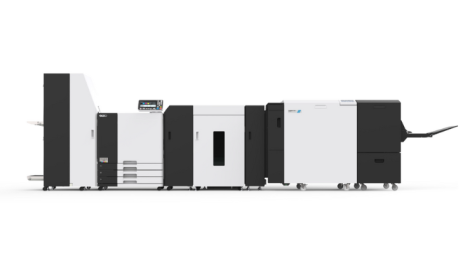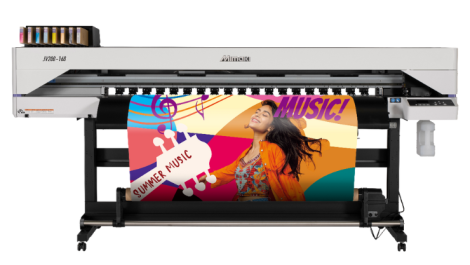Specialist metal packaging printing firm Tinmasters has installed a Fujifilm Acuity B1 UV inkjet printer in South Wales. The move is part of an ongoing partnership between the companies which will see the machine used for short-run and customised commercial work, with Fujifilm retaining access for customer demonstrations and ongoing development.
‘Run lengths are coming down across the industry,’ explained Tinmasters CEO Richard O’Neill. ‘We’ve long known that investing in a digital solution to respond to this was going to have to happen at some point.
‘It was the exceptional print quality and registration from the Acuity B1 that drew us initially to Fujifilm. However, the partnership angle of the agreement is crucial. Inkjet is completely new to us, and what we’re learning very quickly from Fujifilm is that it has the potential to be much more than simply a cost-effective way to print short runs. It also offers huge advantages in achieving colour consistency across jobs and in experimenting with creative applications and special effects, such as using ink layering to get textured finishes – something only possible with UV inkjet technology. At the same time, Fujifilm is new to metal decoration, so given we’ve been printing on metal since 1909, there’s a lot of expertise we can offer to help them to adapt their inkjet solution to better meet the needs of the industry.’
Kevin Jenner, Business Manager, Industrial at Fujifilm Speciality Ink Systems added, ‘I think the transition from analogue to digital in metal decoration is a couple of decades behind the graphics industry, where we’ve been developing and refining our inkjet technologies for 20 years. It’s quite a homogenous market, with all of the major players producing very similar applications with similar kit so it represents a unique opportunity
‘At Fujifilm, we know a thing or two about transitioning from analogue technologies. We’ve done it ourselves in our own business and we’ve worked with countless printers in the graphics sector who have moved, in whole or in part, away from litho and screen technologies to embrace the potential of digital.
‘Having said all of that, we recognise that we’re comparative newcomers and, though in the Acuity B1 we have an inkjet machine with enormous potential, we still have a lot to learn. So who better to learn from than a metal printer with more than a century of experience and heritage to draw on? Together we want to fully exploit the technical capability of the current platform and, looking to the future, develop the machine into an even more exciting commercial proposition – increasing its speed, improving its handling ability and developing inks that will comply with the most stringent international food safety standards.’





